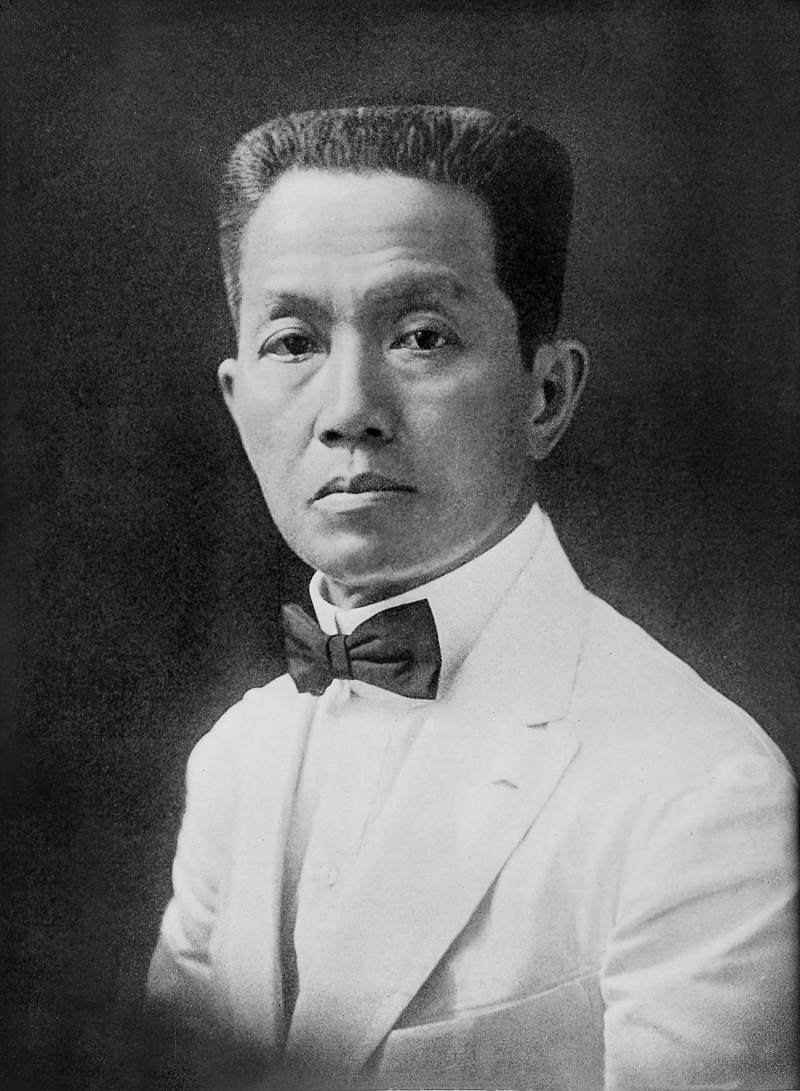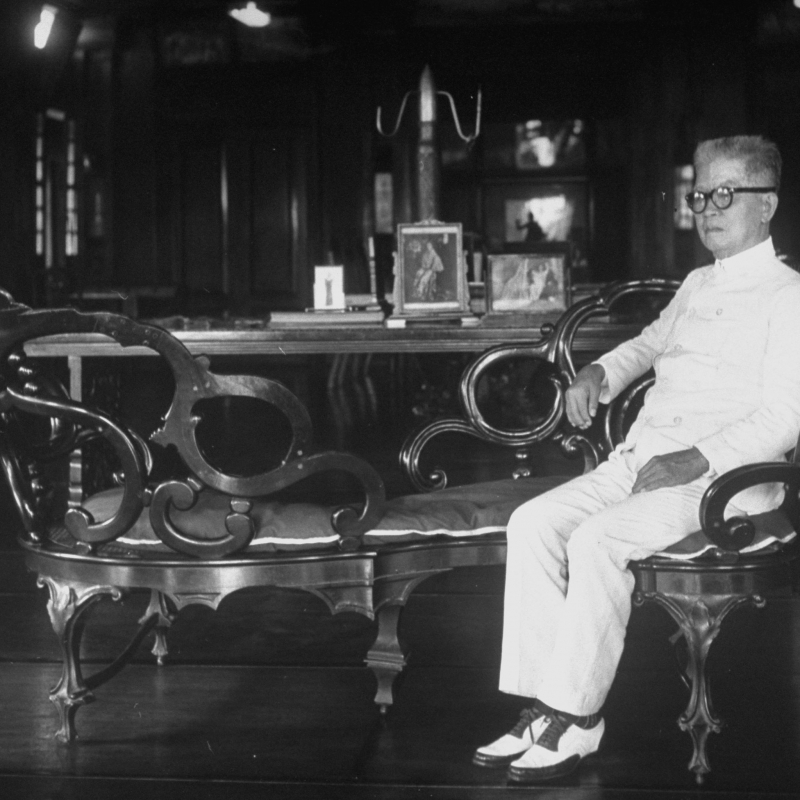Emilio Aguinaldo
Emilio Aguinaldo (1869-1964) was a Filipino leader and politician who fought for the independence of the Philippines from Spain and then from the United States.
Aguinaldo was born to Chinese and Tagalog parents. He was the local leader of the Katipunan, a revolutionary movement that fiercely opposed the Spanish, and was elected mayor of Cavite Viejo (now Kawit) in August 1896.
He and the Spanish governor general signed the Biac-na-Bató Pact in December 1897. In exchange for a large cash payment from Spain and the promise of liberal reforms, Aguinaldo agreed to leave the Philippines and live in exile for the rest of his life. While in exile, he made plans to return to the Philippines to aid the Americans in their war against Spain.
Aguinaldo returned to the Philippines on May 19, 1898, and declared a new rebellion against Spain. The Filipinos declared independence from Spain on June 12, 1898, and established a provisional republic, with Aguinaldo as president. A revolutionary assembly met in September and declared Filipino independence. Spain, on the other hand, gave the Philippines, along with Puerto Rico and Guam, to the United States.
Tensions between Americans and Filipinos rapidly grew. On January 23, 1899, the Malolos Constitution, which declared the Philippines a republic and was accepted by both the legislature and Aguinaldo, was proclaimed. After serving as president of the interim government, Aguinaldo was elected president.
On February 4, the anticipated conflict between Americans and Filipinos erupted in Manila. By the morning of February 5, the Filipinos, who had fought valiantly, had been defeated on all fronts.
After three years of costly fighting, what remained of the insurgency was finally put down on March 23, 1901, when Aguinaldo was apprehended in his hidden headquarters at Palanan in northern Luzon in an operation led by Gen. Frederick Funston. Aguinaldo took an oath of allegiance to the US, received a government pension, and retired to private life.
President Elpidio Quirino appointed Aguinaldo to the Council of State after the country's independence. In his final years, Emilio Aguinaldo's contributions included the promotion of Philippine nationalism and democracy, as well as the development of relations between the Philippines and the United States.












